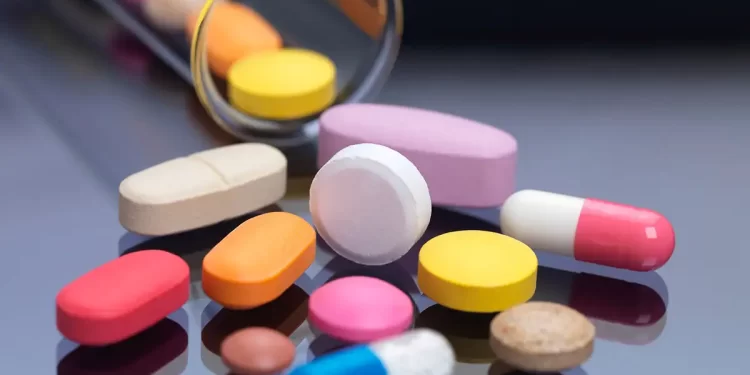Ghana’s Food and Drugs Authority (FDA) has taken decisive action against Aveo Pharmaceuticals, an Indian drug manufacturer, by suspending its Good Manufacturing Practices (GMP) certification following allegations of its involvement in the illegal distribution of opioid-based medications across West Africa.
The suspension comes in the wake of an explosive BBC Africa Eye investigation, which uncovered how Aveo Pharmaceuticals—through Westfin International—allegedly exported unapproved and highly addictive opioids to Ghana, Nigeria, and Côte d’Ivoire.
The drugs in question contain tapentadol and carisoprodol, substances known for their high potential for abuse, leading to severe health risks, including respiratory failure and death.
Regulatory Crackdown: FDA Takes Swift Action
In response to these revelations, the FDA has ordered Samos Pharma, a Ghana-based importer, to cut all ties with Aveo Pharmaceuticals and Westfin International.
Additionally, the FDA has placed a hold on the registration of six pharmaceutical products submitted by Masters Pharmaceutical Limited, which had intended to use Aveo Pharmaceuticals as a contract manufacturer.
Read Also: Government to meet CLOGSAG over ongoing strike on February 27
The regulatory body emphasized its zero-tolerance policy toward illegal drug distribution and reaffirmed its commitment to protecting public health.
Over the years, the FDA has intensified its enforcement efforts, including raids, seizures, heavy fines, and legal action against unauthorized pharmaceutical distributors.
Ghana Strengthens Measures Against Opioid Trafficking
The crackdown highlights Ghana’s strengthened stance against the illicit opioid trade, particularly amid growing concerns over the abuse of prescription drugs in West Africa.
Authorities have vowed to collaborate with international law enforcement agencies to prevent harmful pharmaceuticals from infiltrating the market.
With the FDA stepping up surveillance and enforcement, stakeholders in the healthcare sector are calling for stricter regulations on drug imports to prevent similar incidents in the future.
Meanwhile, the public is being urged to remain vigilant and report any suspicious pharmaceutical products to authorities.
This latest move signals a strong warning to pharmaceutical companies engaging in unethical practices, reinforcing Ghana’s commitment to ensuring the safety of its drug supply chain.

























